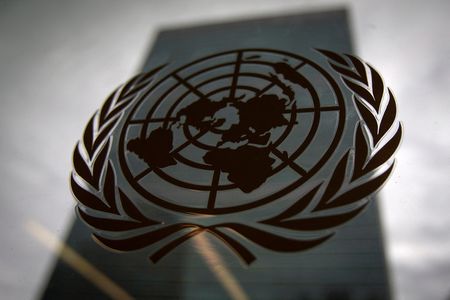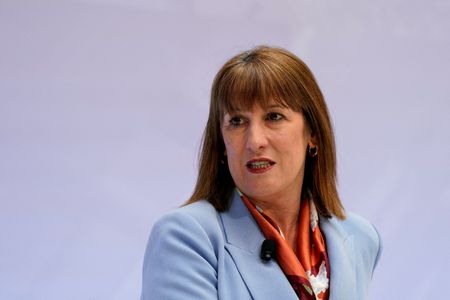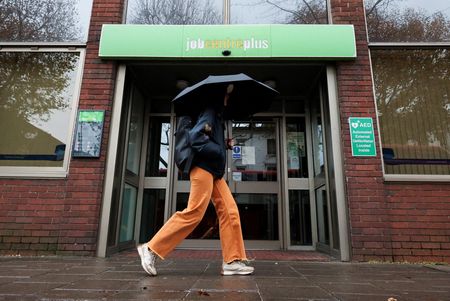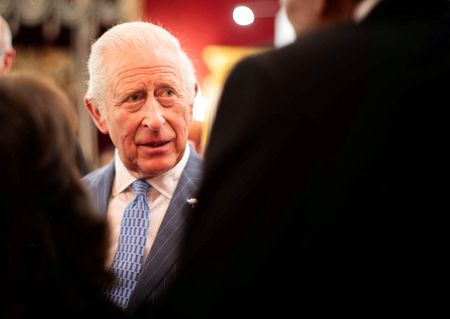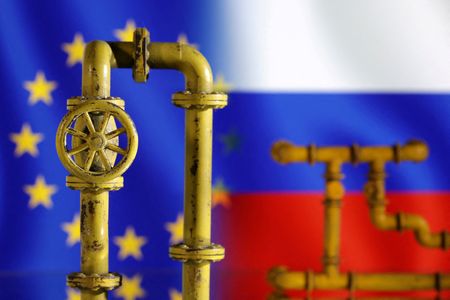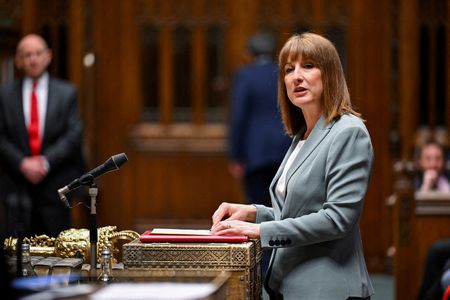By Virginia Furness
ROME (Reuters) – Companies who use the genetic coding of the natural world to design products ranging from weight-loss drugs to cosmetics faced renewed calls on Tuesday to help pay to protect it as a dedicated fund was launched at a U.N. conference in Rome.
Countries are taking part in the COP16 event this week in a fresh attempt to generate the funding needed to halt the destruction of ecosystems and species, with many arguing for a larger role for the private sector.
The so-called ‘Cali Fund’, named after the Colombian city that housed the start of the conference last year, is the first effort by the U.N. Convention on Biological Diversity to directly engage in raising money from the business community.
“The rush to access the gold mine of genetic data must not leave behind the communities who protect these genetic resources, that is where the Cali Fund is a real game changer,” Elizabeth Mrema, deputy executive director of the U.N. Environment Programme (UNEP), told a press conference in Rome.
At least half of the Fund’s proceeds will go to indigenous peoples and local communities, and companies will be encouraged to contribute a portion of their profits or revenues.
No companies have yet made firm commitments but the secretariat said they were in advanced discussions with firms from several jurisdictions, including the United States.
Susana Muhamad, COP16 President, said the willingness of U.S. businesses to get involved, despite the United States not being a party to the agreement, signalled that companies recognised nature was a global public good that goes beyond the associations of a company with a single country.
Money generated by the fund will go towards the $200 billion per year the United Nations says is needed to protect nature, countries are trying in Rome to refine a plan to raise this sum.
As the conference kicked off on Tuesday, many countries’ opening remarks reiterated entrenched positions from Cali, zeroing in on who should pay, where the money should be held and who should oversee it.
Panama, Egypt and Russia voiced frustration with developed countries, urging them to deliver firstly on their agreement to find $20 billion per year for biodiversity and not pass the burden to developing nations.
Smaller negotiating groups will meet on Tuesday evening to refine their negotiating positions, and EU Commissioner Jesskia Roswall told reporters she expected an updated draft text on Wednesday morning.
(Editing by Simon Jessop and Gareth Jones)

